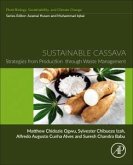
Broschiertes Buch
Strategies from Production Through Waste Management
6. Juni 2024
Elsevier Science
| eBook, ePUB | 95,95 € |
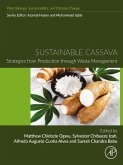
Gebundenes Buch
20. Februar 2025
Springer / Springer Nature Switzerland / Springer, Berlin
978-3-031-82621-4
| eBook, PDF | 161,95 € |
eBook, PDF
19. Februar 2025
Springer International Publishing
Ähnliche Artikel
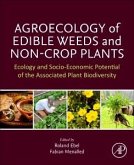
Broschiertes Buch
Ecology and Socioeconomic Potential of the Associated Plant Biodiversity
24. September 2024
Elsevier Science
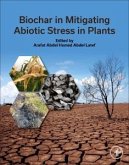
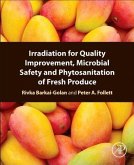
Broschiertes Buch
7. Juni 2017
Elsevier Science
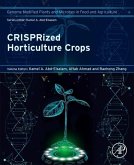
Broschiertes Buch
Genome Modified Plants and Microbes in Food and Agriculture
21. März 2024
Elsevier Science
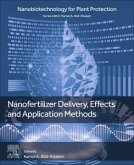
Broschiertes Buch
19. Januar 2024
Elsevier Science
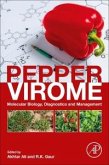
Broschiertes Buch
Molecular Biology, Diagnostics and Management
26. April 2024
Elsevier Science
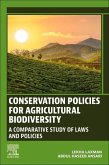
Broschiertes Buch
A Comparative Study of Laws and Policies
16. August 2023
Elsevier Science
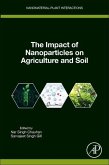
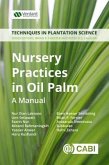
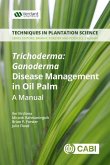
Ähnlichkeitssuche: Fact®Finder von OMIKRON
